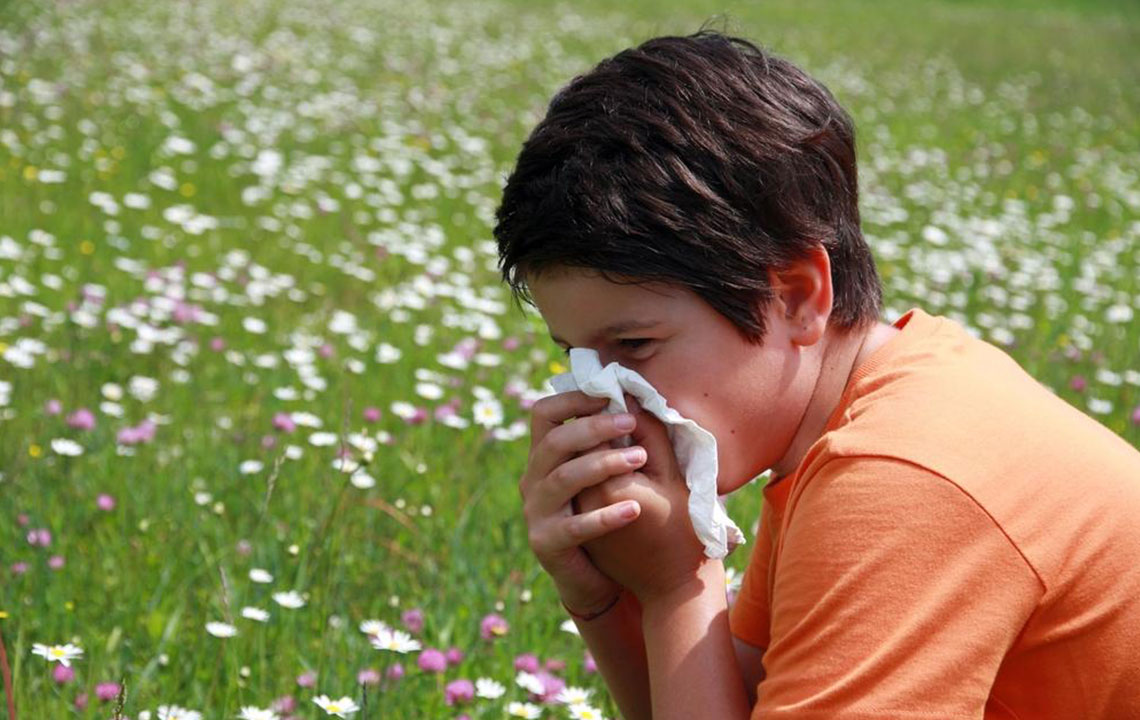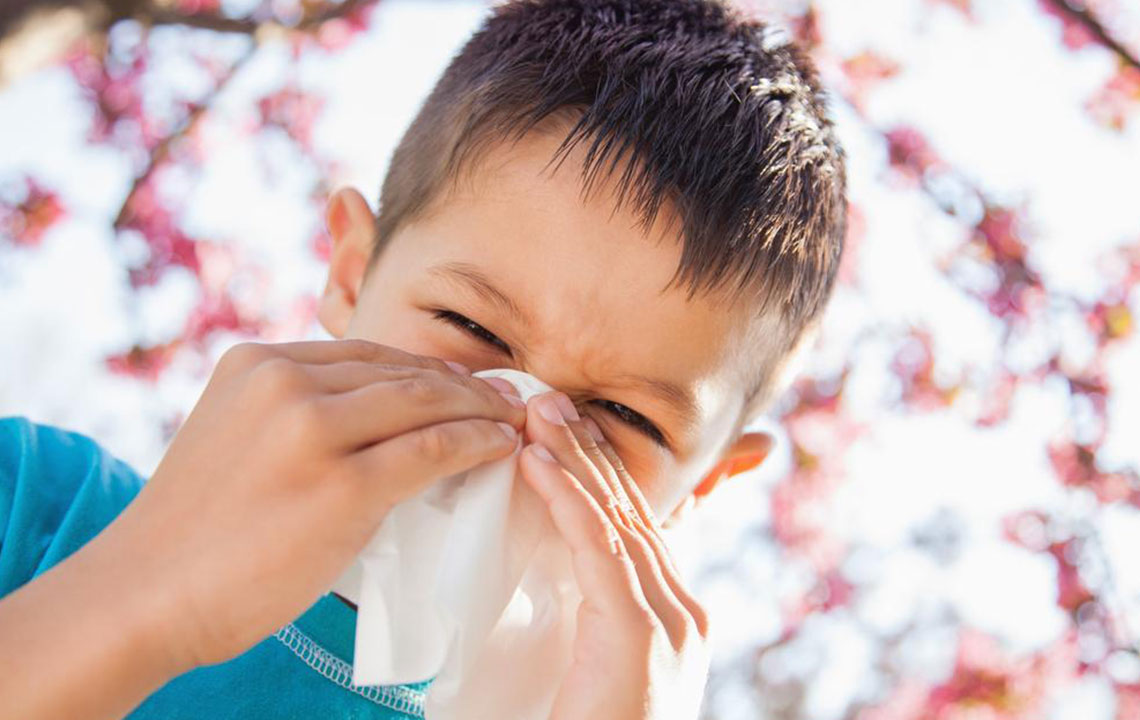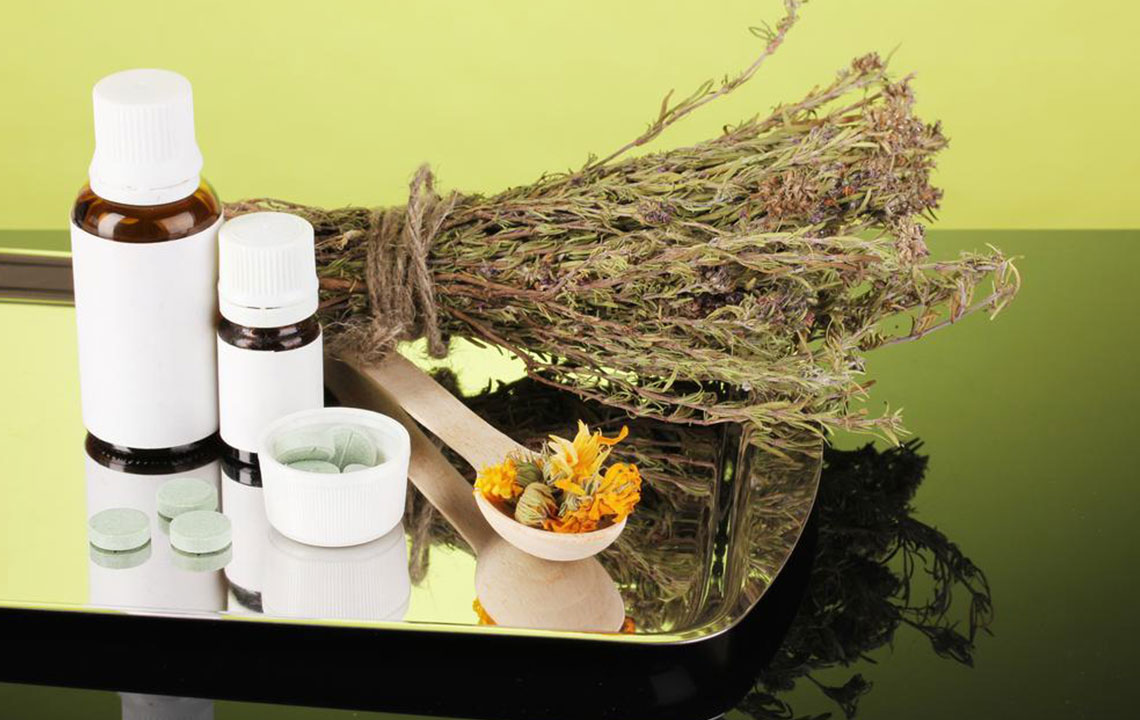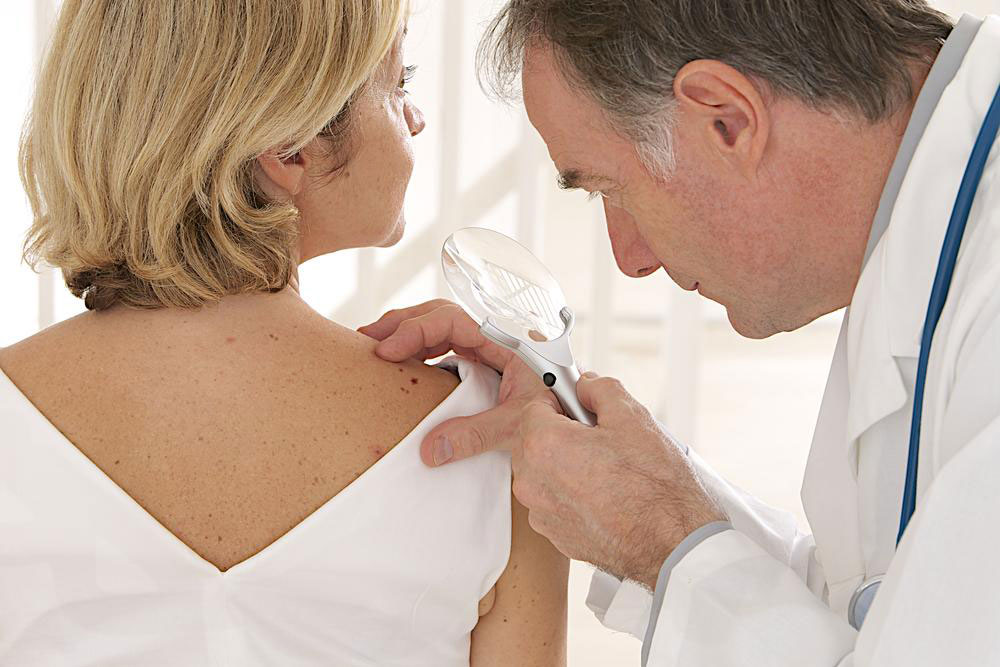Essential Guide to Recognizing and Managing Mold Allergy Symptoms
Discover essential insights into mold allergy symptoms, risk factors, and effective treatment options. Learn how to identify signs of mold allergies and take proactive steps to maintain a mold-free home environment, improving your health and comfort. This guide covers symptoms, prevention, and treatment strategies to manage mold allergies efficiently.

Understanding Mold Allergies: Causes and Common Types
Molds are a type of fungus that grow both indoors and outdoors, especially in damp environments like bathrooms, basements, and kitchens. Moisture promotes mold growth, which is why damp bedrooms are often prone. Mold allergies result when mold spores enter your airways, triggering an immune response that can cause sneezing, skin irritation, and respiratory issues. Common mold species that can cause allergies include Rhizopus, Penicillium, Fusarium, Cladosporium, and Mucor.
Identifying Mold Allergy Symptoms
Spotting mold allergy symptoms can be challenging as they resemble other allergies. Consulting a healthcare provider is essential for accurate diagnosis. Typical signs include a runny nose, sore throat, itchy or watery eyes, chest congestion, persistent cough, breathing difficulties, headaches, stomach discomfort, swollen eyelids, and skin rashes. The severity varies among individuals, and those with asthma may experience worsened symptoms. Prompt medical attention is recommended if symptoms are severe or persistent.
Risk Factors for Developing Mold Allergies
If allergies or asthma run in your family, you're more susceptible to mold allergies. Living in environments with frequent water leaks or high humidity also increases risk. Certain occupations, such as farming, baking, furniture work, logging, or winemaking, expose individuals to mold spores, increasing the likelihood of developing sensitivities.
Effective Treatments for Mold Allergies
While not life-threatening, mold allergy symptoms can be uncomfortable, making timely treatment important. Medical professionals may recommend various remedies, such as:
Antihistamines: Over-the-counter pills or nasal sprays that combat sneezing, runny nose, and itchiness by blocking histamine production.
Nasal corticosteroids: Nasal sprays that reduce inflammation and soothe upper respiratory irritation, used under medical supervision.
Immunotherapy: Allergy shots aimed at desensitizing your immune response, suitable for certain mold allergies.
Nasal irrigation: Using saline solutions via neti pots or bulb syringes to flush out mold spores and mucus, ensuring all materials are sanitized.
Preventive Measures and Home Hygiene Tips
Maintaining a clean, dry living environment minimizes mold growth. Regularly disinfect bathrooms and kitchens with bleach. Fix leaks immediately and monitor humidity levels, ideally below 50% using a moisture meter. Increase ventilation by opening windows and doors, especially in damp areas like basements and attics. Dispose of stored items such as old newspapers, books, and textiles that may harbor mold. If using humidifiers, replace them with dehumidifiers to control moisture levels and prevent mold proliferation. Proper home maintenance is key to reducing mold exposure and managing allergies effectively.










